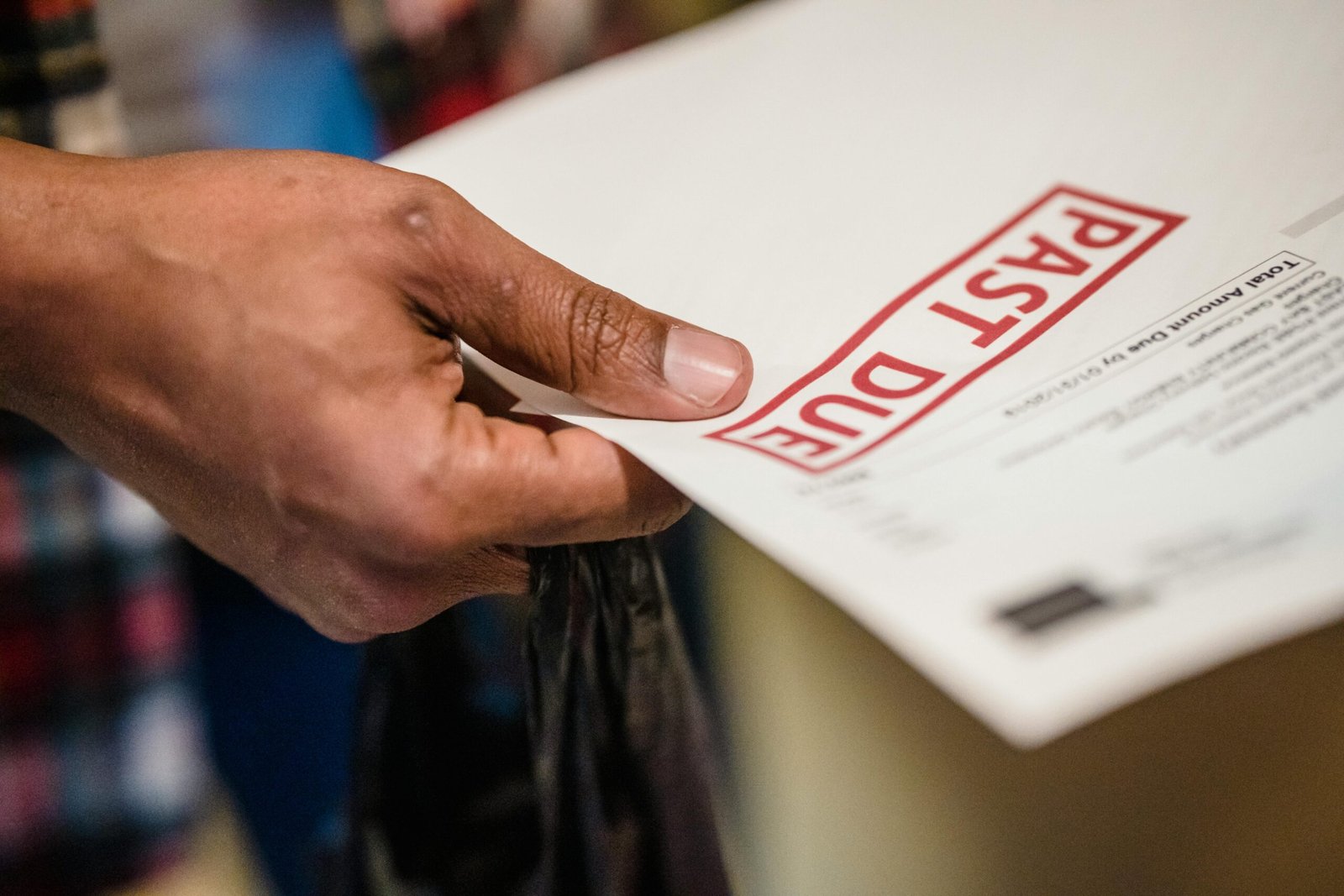Many small business owners launch their ventures with a shoestring budget. They rightly seek the easiest and most affordable way to get their name out there and do business. This is where the DBA, or “Doing Business As” name, comes in. However, there’s a crucial misunderstanding that needs to be cleared up – a DBA doesn’t shield your personal assets the way many people believe.
So, What IS a DBA?
Let’s break it down:
- Your Business’s ‘Nickname’: A DBA is essentially a different name you can operate your business under. Think of it like a nickname for your existing business structure.
- Example: Let’s say your legal business name is “Jane Smith Consulting”. You could file a DBA for “Smith Creative Solutions” to offer a more branded feel.
- Why Use It: DBAs offer flexibility without the cost and paperwork of forming a whole new company (like an LLC).
The Key Difference: DBAs Don’t Change Your Business Structure
Here’s where the confusion lies: a DBA only changes the public-facing name of your business. Underneath, you’re still the same legal entity – either a sole proprietor or a general partnership by default.
- Sole Proprietors Beware: If you’re a sole proprietor, there’s no separation between you and your business. If someone sues your “Smith Creative Solutions,” they’re suing YOU, Jane Smith, and your personal assets (home, savings, etc.) are on the line.
- Partnerships Have the Same Problem: General partnerships face a similar situation – each partner is personally liable for business debts and lawsuits.
Recommendation: Legal Essentials in Contract Negotiations with ‘Doing Business As’ (DBA) Entities
The Solution: If Asset Protection is Crucial, Consider an LLC
LLCs (Limited Liability Companies) are designed to offer that “corporate veil” many seek. They create a separate legal entity, which helps safeguard your personal assets in most cases.
Closing remarks
DBAs are a useful tool, but asset protection isn’t their strong suit. If you’re serious about safeguarding what you’ve built, talking to a business attorney or researching LLCs should be the next step.
Disclaimer: This article provides general information, not legal advice. Always consult a legal professional about your specific business situation.











